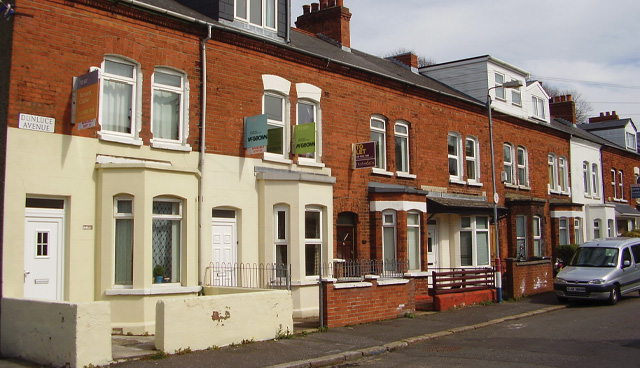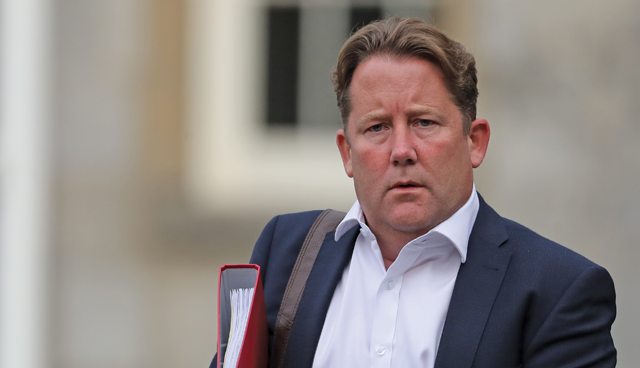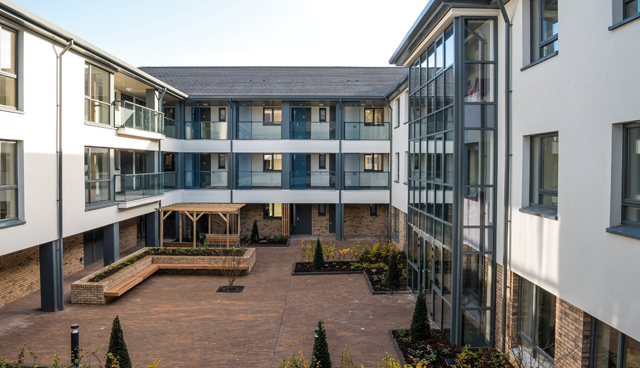
A decade of delivery in housing
30th May 2022
Northern Ireland Private Tenancies Bill
4th July 2022Our Housing Rights: Tackling the housing crisis disabled people face

Our Housing Rights: Tackling the Housing Crisis Disabled People Face is a joint campaign between Independent Living Movement Ireland and Inclusion Ireland which was launched in September 2021. James Cawley, Policy Officer, Independent Living Movement Ireland (ILMI), writes.
ILIMI and Inclusion Ireland undertook the development of a report, based on the experiences and concerns of disabled people and their families who took part in six focus groups in July 2021.
This report aims to implement vital changes in the new National Housing Strategy for Disabled People 2022-2027, which both organisations welcome.
To put this into context, it is necessary to recall that Ireland ratified the United Nations Convention on the Rights of Persons with Disabilities (UNCRPD) in 2018 and Article 19 of this convention states that disabled people have the right to live in, be part of, and use services and amenities in their communities. They should be able to choose “where and with whom they live” with appropriate and adequate supports. The report highlights the impossible application process that disabled people face. It can be different in every county and is so complicated that it often confuses people.
The system also requires the disabled person to apply separately to both the local authority for housing and to the HSE for a support package. However, there is no clear pathway to apply for supports and very little engagement between the local authority and the HSE.
I was happy to note the inclusion of interagency collaboration and the provision of supports under theme two of the new strategy because quite often this is the obstacle which inhibits many disabled people in securing housing.
In many cases, a disabled person could be offered a social house from a local authority, yet, if for instance, you do not have the support package in place you will not get the house. This is wrong and contrary to our obligations as a state under the UNCRPD.
Theme three of the strategy also mentions “affordability of housing”. However, I believe the affordability should be tied to what the disabled person earns rather than the market value. For example, if you are a working disabled person earning more than a threshold income (in many cases €26,000) you do not qualify for social housing. Therefore, you are forced to privately rent or buy in a private market that is not built with disabled people in mind.
Separate to this, we know from the Department of Social Protection’s Cost of Disability report that disabled people incur an additional cost between €9,000 and €12,000 (not inclusive of inflation). If this cost, incurred as disabled people, was added to the income thresholds in local authorities it would allow more disabled people to apply for social housing and not be caught between two stools.
Many disabled people feel that they are being left reliant on family members for accommodation and support, with high numbers now ageing in the family home with ageing parents. Consequently, many people simply give up or do not apply, resulting in a hugely underestimated picture of the real level of need.
Our Housing Rights: Tackling the Housing Crisis Disabled People Face examines three key areas of accessible housing, affordable housing, and independent living supports.
The report is available on both organisations’ websites.
For more information, contact
E: jamescawley@ilmi.ie
W: www.ilmi.ie
W: www.inclusionireland.ie






